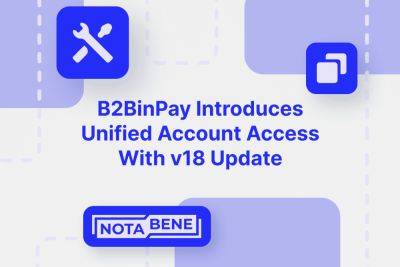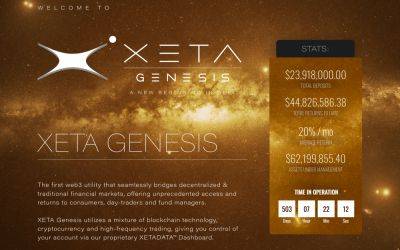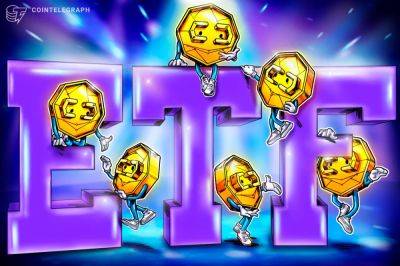How decentralized platforms democratize crypto funding initiatives
While the prevailing traditional financing models resulted in the crypto and blockchain sector raising billions of dollars over the years, they are not without weaknesses, according to Project Catalyst’s group product manager.
At the recent Cardano Summit in Dubai, Kriss Baird, the principal figure of Project Catalyst — a community-driven governance and grants and funds mechanism through voting within the Cardano ecosystem — spoke with Cointelegraph about the initiative, the extent of the collective’s involvement in shared resources and the direction of the platform’s development.
Speaking about the opportunities and challenges of decentralized platforms for raising capital vis-à-vis traditional means, Baird said:
He argued that funding decisions made by a small number of people do not produce “great outcomes” and allow communities to play an active role in societal change. On the other hand, decentralized funding initiatives provide “a bit of like direct democracy” and platforms for crypto holders to voice their ideas and concerns.
However, Baird admitted that the sheer scale of such community-driven projects could prove challenging as permissionless, decentralized communities comprise tens of thousands of stakeholders and projects across the globe.
“It’s actually very difficult, particularly in something like Catalyst where everybody has an opinion… It means there are 10,000 or more opinions on how to operate Catalyst,” he said.
In solving this dilemma within the Cardano ecosystem, Baird said Catalyst launched a pilot where the community not only decides on which proposals get funded but also enables them to verify that the funded projects are reaching their set targets through a milestone-based funding approach and
Read more on cointelegraph.com






















